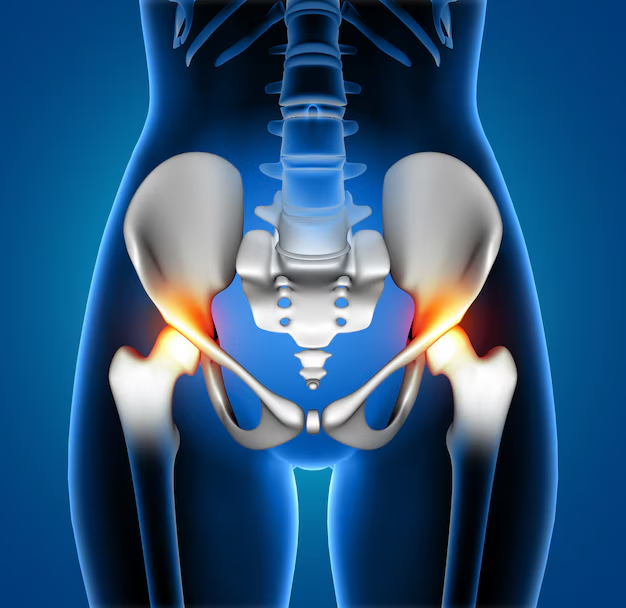Revision Hip and Knee Replacement: Addressing Infection and Failure

We provide specialized surgery to replace worn, failed, or infected implants, restoring joint function, alleviating pain, and improving mobility for a better quality of life.
Causes:
- Implant Wear and Tear: Over time, joint implants can deteriorate, leading to pain and reduced function.
- Infection: Infections in the joint area can necessitate the removal and replacement of the implant.
- Implant Loosening or Dislocation: Implants can become loose or dislocated, causing instability and discomfort.
- Fractures: Bone fractures around the implant may require revision surgery.
- Recurrent Pain: Persistent pain after the initial joint replacement might indicate the need for revision.
Treatment: Revision hip and knee replacement involves the removal of the old implant and the placement of a new one to restore joint function and alleviate pain. The procedure includes:
- Assessment and Planning: Detailed evaluation of the existing implant and surrounding bone structure through imaging and clinical assessment.
- Removal of the Old Implant: Careful extraction of the worn or problematic implant, often requiring specialized techniques to minimize bone loss.
- Bone Preparation: Repairing or rebuilding bone tissue, if necessary, to provide a stable foundation for the new implant.
- Placement of the New Implant: Inserting a new, often more advanced, implant designed to address the specific issues faced by the patient.
- Rehabilitation: Comprehensive post-operative care, including physical therapy, to ensure successful recovery and regain mobility.
Revision hip and knee replacement is crucial for patients experiencing implant failure or infection, aiming to correct problems from previous surgeries, restore mobility, and improve the patient’s quality of life.